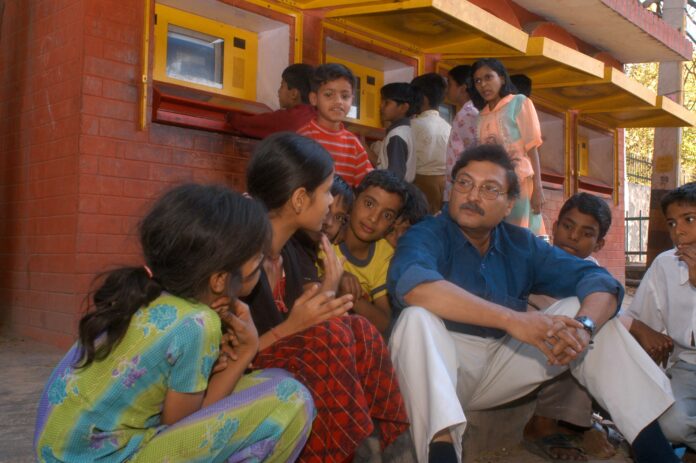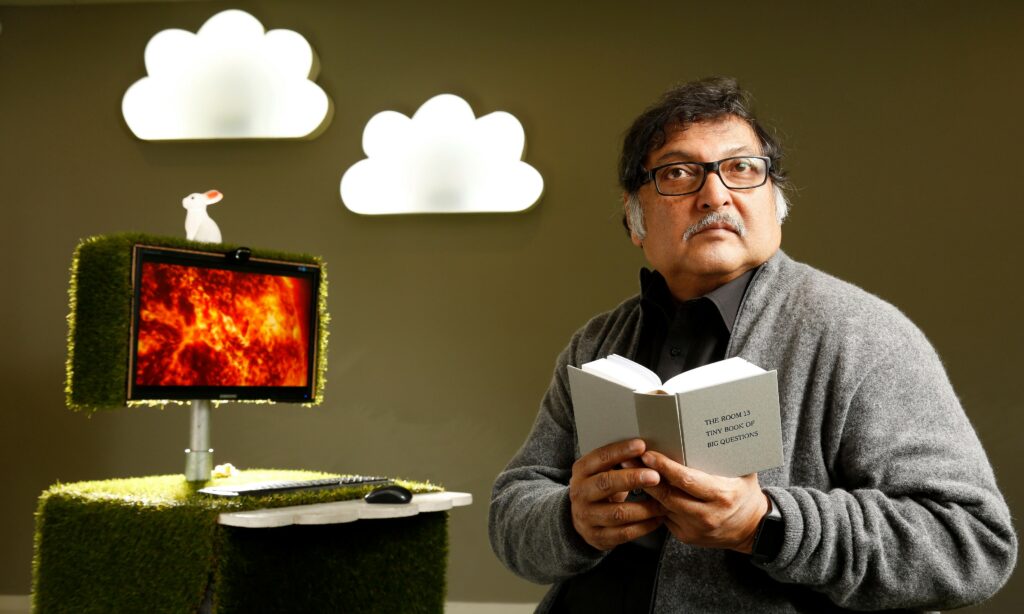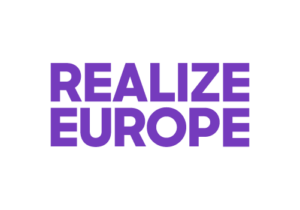
An interview with Sugata Mitra
In Newcastle, Realize Europe had a conversation with Sugata Mitra who has profound disruptive views on education, learning, and self-development. He became famous with his hole in the wall experiment in 1999.
Currently, he is a professor of Educational Technology in the school of communication and Language Sciences at the University of Newcastle and Chief Scientist, Emeritus at NIIT.
In a personal story with poetical elements, Sugata gives us the next step that Europe can take when it comes to learning and self-development.
Sugata Mitra criticizes our educational assumptions. Knowledge is not something that deals with the world outside of us; knowledge is inside us. It is the collective intelligence that brings to light our understanding of the internal world.
Self-organizing learning environments
Sugata developed a self-organizing learning environment (SOLE) after his findings in the hole in the wall experiment. Children can learn how to use a computer and how to navigate the internet all by themselves. If we train them in the right circumstances to ask good questions, they can learn everything by themselves. This system of questioning can be self-organizing.
Spontaneous order is what we should be looking for
Learning through spontaneous order has strong connections with the collective wisdom practice of many old cultures. Europe can learn from that and make a huge step in facilitating this collective thinking process. The next step is to introduce self-organization and spontaneous order into education and culture. Move away from our mechanistic learning systems towards spontaneous order that supports human consciousness.

The network is the key to understand how learning emerges.
Concepts like spontaneous order and self-organization are challenging to us, considering our mechanistic backgrounds. For new generations, it will come naturally because the internet is capable of demonstrating it to them.
Click here to watch the full 50-minute long interview with Sugata Mitra











